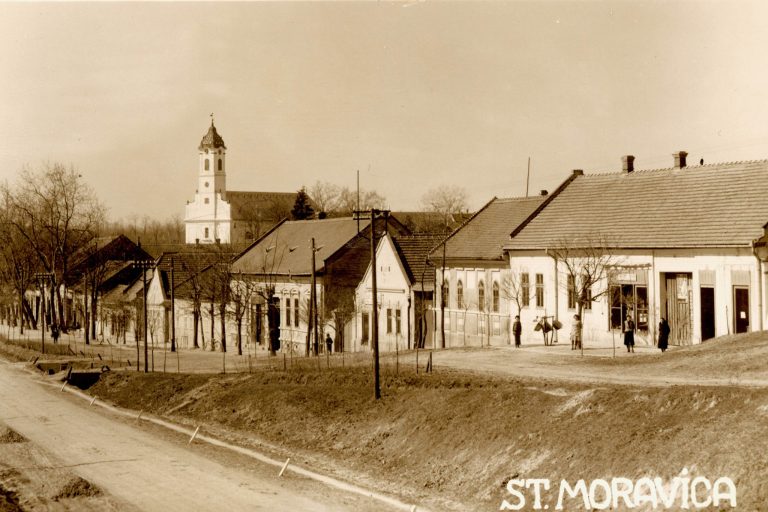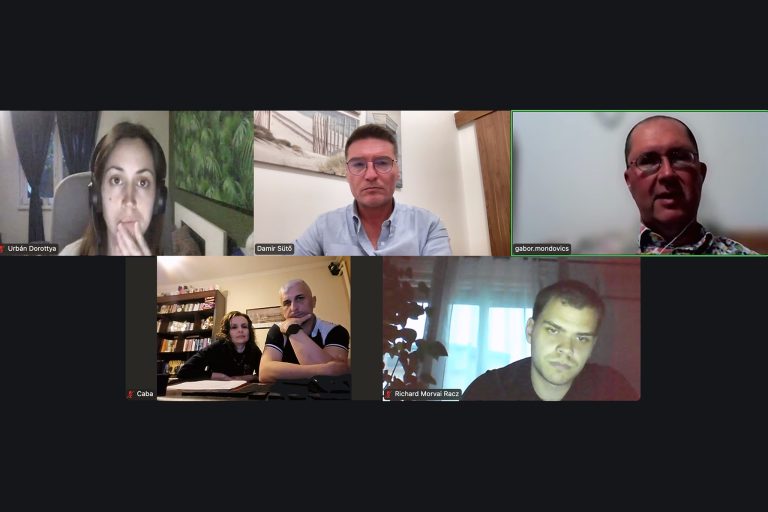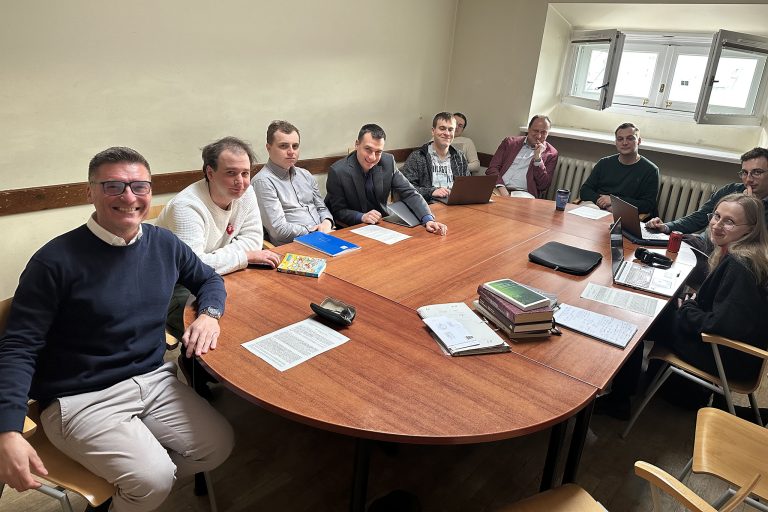On June 14, the Centre for Protestant Studies Gáspár Károli held its third annual international Károli Forum. This year’s theme, From Nicaea to the Present: The Shared Faith – Numerous Cultures Phenomena, explored how the ancient Nicene Creed has historically served as a foundation for connection, mutual influence, constructive dialogue, and unity—from the Council of Nicaea to modern times.
The event brought together prominent historians and emerging scholars who presented their latest research. The opening ceremony featured a moving performance by the Pro Musica Chamber Choir. Izabella Szűcs Kószó, President of the Centre, thanked the participants for their dedication and the audience for their interest. Representing the National Council of the Hungarian Ethnic Minority in Serbia, Balázs Szűcs—Council member and director of the Intermunicipal Institution for the Protection of Cultural Monuments—honored the Forum with his presence.
The lecture series began with Dr. habil. Teréz Oborni, Senior Research Fellow at the Institute of History of the HUN-REN Research Centre for the Humanities and Head of its Early Modern History Department. She is also an Associate Professor at Eötvös Loránd University. Her presentation, State and Religion — Protestant Confessionalism and State-Building in the Eastern Kingdom of Hungary During the Reign of John II Sigismund (1556–1571), set the tone for the day.
She was followed by Professor Dr. habil. György Kurucz, head of department at Károli Gáspár University of the Reformed Church in Budapest, who spoke on Protestant Identity and Political Practice: Hungary and the Principality of Transylvania from the Fifteen Years’ War to the Death of Prince George II Rákóczi. Dr. Gergely Tóth, Senior Research Fellow at the HUN-REN Research Centre for the Humanities, presented Faithfulness or Career? The Reception of the Decretal Oath in the Lutheran Public Sphere in the 1730s and 1740s.
The next set of presentations focused on research selected for the upcoming conference volume. Dr. András Döbör, Associate Professor and Dean of the Faculty of Education at the University of Szeged, delivered a talk titled The Role of István Széchenyi and Mihály Helmeczy in Launching Jelenkor — the Reform-Era Newspaper, offering insights into 19th-century Hungarian journalism. Dr. Natasa Fizel, Associate Professor and Head of Department at the same faculty, presented The First Years of the Protestant University in Cluj-Napoca in Catholic Szeged — The Roles of Professors Hildebrand Várkonyi (Catholic) and Sándor Imre (Protestant) in Establishing Parallel Confessional Departments. This section concluded with Dr. Bálint Pető, Associate Professor at the University of Szeged, who discussed The Career of a Catholic Printer and Publisher in a Predominantly Calvinist Town in the Great Hungarian Plain.
Among the younger scholars, János Éliás, historian at the István Györffy Museum in Karcag and PhD candidate at the University of Debrecen, presented his research on The Migration of Reformed People from Nagykunság to Bačka and the Church Communities They Established at the End of the 18th Century. The final presentation of the day was delivered by Richárd Morvai- Rácz, historian at the Intermunicipal Institution for the Protection of Cultural Monuments in Subotica and standing research assistant and secretary of the Centre for Protestant Studies Gáspár Károli. His lecture, Changes in the Economic Structure of Bács-Bodrog County in the Second Half of the 18th Century, concluded the program.
The Forum was followed by a city tour and informal discussions among attendees.
The Centre for Protestant Studies Gáspár Károli invites scholars to submit proposals for the next Károli Forum, scheduled for June 2026. The official Call for Papers will be published on the Centre’s website in early 2026.
The 2025 Károli Forum and the publication of its proceedings are supported by the Secretariat for Education, Legislation, Public Administration, and National Minorities – National Communities of the Autonomous Province of Vojvodina.
A concise report on this year’s Károli Forum is also available (in Hungarian) on the HUN-REN Research Centre for the Humanities, Institute of History website.




